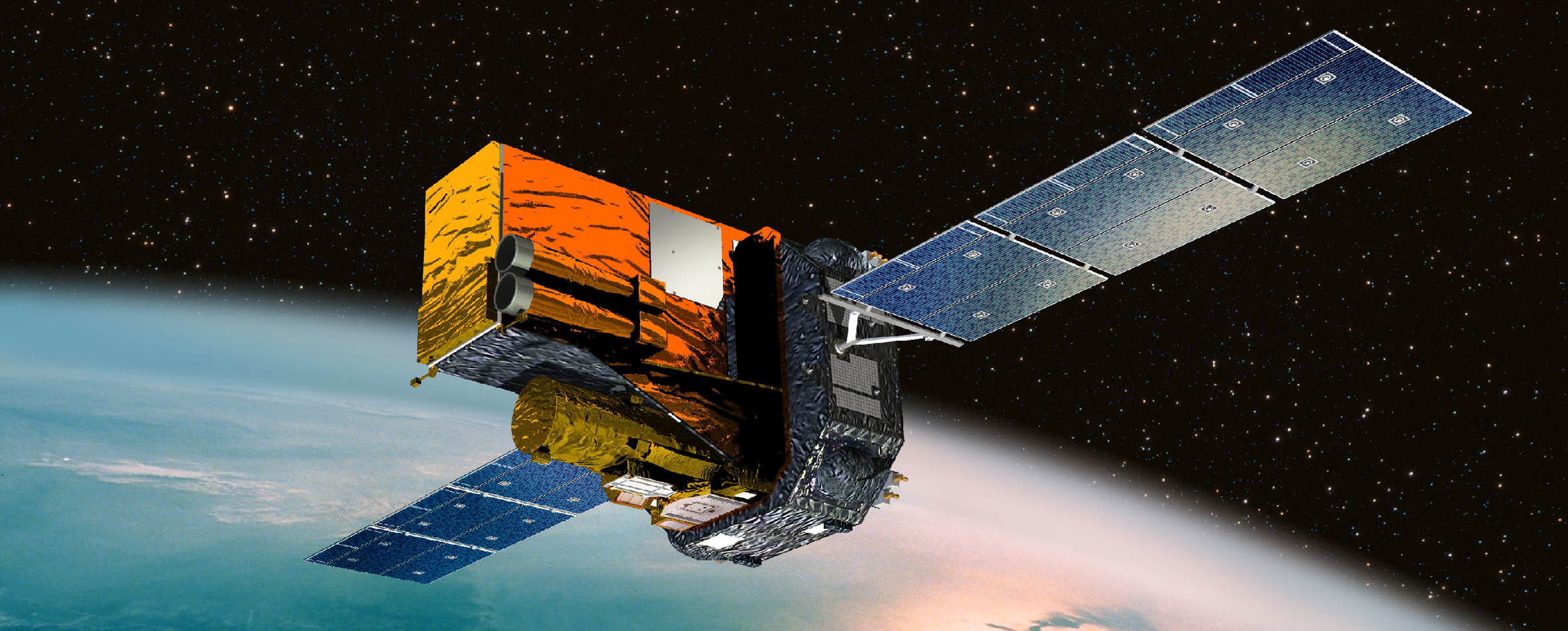
News from the INTEGRAL Science Legacy Archive (ISLA)!
We are happy to announce that the IUG (INTEGRAL Users' Group) recently approved Definitions and Priorities for ISLA, available for review: ISLA DEFINITIONS AND PRIORITIES.
Beyond the specified data products, we invite you to contribute high-level science products to ISLA, showcasing detailed information about source types, event catalogs, or anything valuable for the wider community and further science.
The archive ensures enduring preservation and reproducibility of results over extended time scales. Your opportunity to showcase work is here, stay tuned for a detailed invitation in autumn 2024.
Community Products won't require validation by instrument-team experts but will be flagged as uncertified. To maintain scientific integrity, include a data generation description and associate at least one refereed publication with the submitted package. Details on mandatory metadata, like ObsIDs and postcard images, will follow.
We particularly welcome SPI community submissions. Pending suitability, ESA commits to supporting ingestion and legacy accessibility. Your efforts will be recognized within the archive.
Time Allocation Committee (TAC) results
The results and accepted targets for AO-21 can be found online at "INTEGRAL target lists and sky maps".
Observations for AO-21 have started on January 1st, 2024.
Next INTEGRAL Workshop
The INTEGRAL SOC and IUG are organizing the next INTEGRAL workshop, to be held 21-25th of October 2024 at ESAC (near Madrid, Spain). The workshop will cover science topics related to INTEGRAL, with a special focus on the exploitation of the INTEGRAL Science Legacy Archive. More information to be published soon.
IBIS/ISGRI and SPI Calibrations
We're highlighting the latest calibration developments for IBIS/ISGRI and SPI instruments.
IBIS/ISGRI Calibration: The OSA user manual identifies two new issues. First, data before revolution 100 show unrealistic swings in significance and source fluxes; it's advised not to use them with OSA11.X until resolved. Second, energy calibration files are available only until February 2020. Subsequent changes in the detector have led to pronounced features in spectra, resulting in a ∼20% systematic energy-dependent flux discrepancy up to ∼120 keV. While calibration files are being updated, we recommend using recent data with caution and checking the spectrum of the Crab nebula at a close time.
SPI Calibration: New SPI energy calibration coefficients, improving calibration post-revolution 1150, are available (SPI Calibration Files), with details in the release note.
XRISM: FIRST ESA ANNOUNCEMENT OF OPPORTUNITY OPEN
Not less than 8% of the total Guest Observing Time, or an equivalent return as mutually agreed, shall be allocated to ESA. The ESA Director of Science has thus issued an invitation to submit Guest Observer proposals, and contingent upon the successful completion of the IOC and PV phase activities, Cycle 1 will commence on or about August 1, 2024, and last for a period of approximately 12 months.
The due date for proposals is 4 April 2024, 12:30 CET. The proposal submission tool can be found at https://xrismrps.esac.esa.int/ark/. The Proposal Observatory Guide and more details about XRISM are available at https://www.cosmos.esa.int/web/xrism/announcements-of-opportunity.
